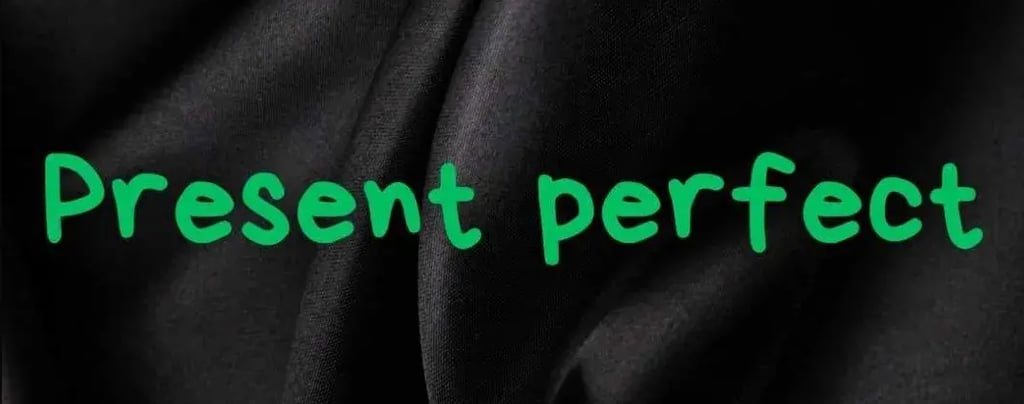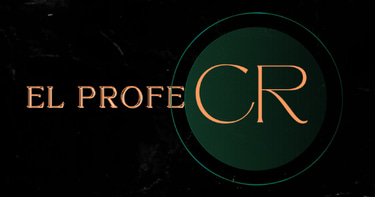
Present perfect
B1-B2 GRAMMAR
2 min read


Do you know how to use phrases like She's called every day this week, I've broken my leg and Have you ever been to Argentina?
Look at these examples to see how the present perfect is used.
He's been to ten different countries.
I haven't seen her today.
My phone's run out of battery. Can I use yours?
Have you ever dyed your hair a different colour?
Explanation
The present perfect tense is an English verb tense used for past actions that are related to or continue into the present, such as ongoing actions or changes over time.
You can recognize the present perfect tense by the auxiliary verbs (or helper verbs) have and has.
I have gone fishing since I was a child.
We use the present perfect simple (have or has + past participle) to talk about past actions or states which are still connected to the present.
Unfinished time and states
We often use the present perfect to say what we've done in an unfinished time period, such as today, this week, this year, etc., and with expressions such as so far, until now, before, etc.
They've been on holiday twice this year.
We haven't had a lot of positive feedback so far.
I'm sure I've seen that film before.
We also use it to talk about life experiences, as our life is also an unfinished time period. We often use never in negative sentences and ever in questions.
I've worked for six different companies.
He's never won a gold medal.
Have you ever been to Australia?
We also use the present perfect to talk about unfinished states, especially with for, since and how long.
She's wanted to be a police officer since she was a child.
I haven't known him for very long.
How long have you had that phone?
Finished time and states
If we say when something happened, or we feel that that part of our life is finished, we use the past simple.
We visited USA for the first time in 1992.
I went to three different primary schools.
Before she retired, she worked in several different countries.
We also use the past simple for finished states.
We knew all our neighbours when we were children.
I didn't like bananas for a really long time. Now I love them!
Past actions with a result in the present
We can use the present perfect to talk about a past action that has a result in the present.
He's broken his leg so he can't go on holiday.
There's been an accident on the main road, so let's take a different route.
They haven't called me, so I don't think they need me today.
Again, if we say when it happened, we use the past simple.
He broke his leg last week so he can't go on holiday.
However, we often use the present perfect with words like just, recently, already, yet and still.
We've recently started going to the gym.
She's already finished season one and now she's watching season two.
Have you checked your emails yet?
Sobre nosotros
El Profe CR busca ayudar a aquellas personas que deseen desarrollar las habilidades que hoy en día las empresas requieren de cada candidato(a) con y sin experiencia laboral.
©2025 Todos los derechos reservados.
